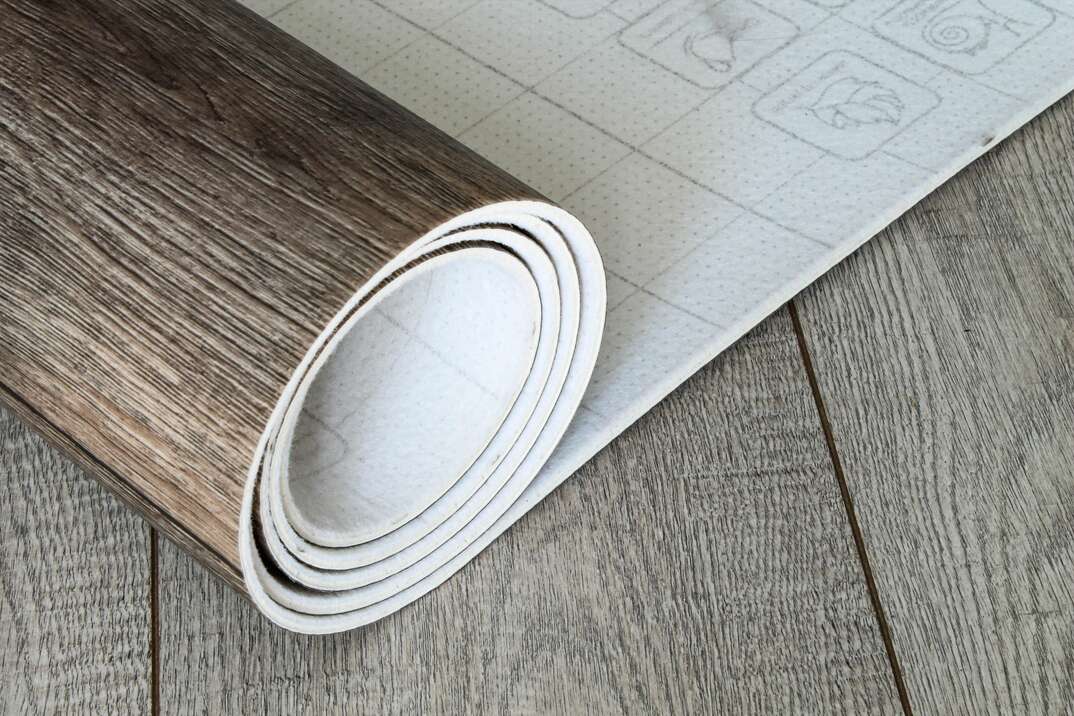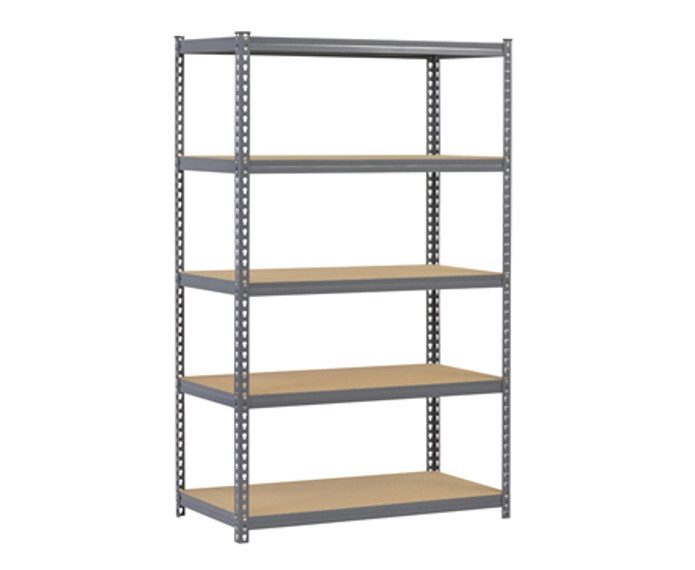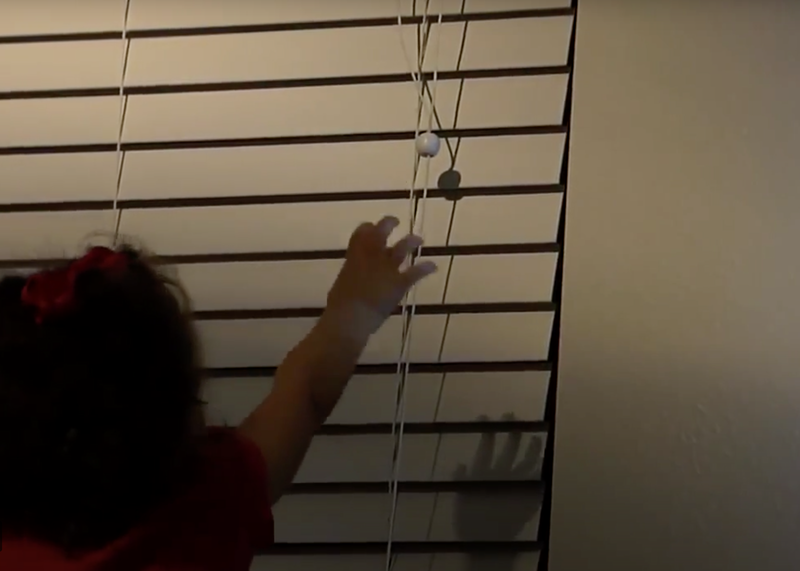What's the Difference Between Laminate and Vinyl Flooring?

If you’re seeking a hardwood look at a price that’s a little easier on your wallet, look no further than laminate and vinyl. Both are budget-friendly, synthetic flooring options that offer a lot of customization at a much lower price point than hardwood. The major difference between the two is that laminate lacks water resistance while vinyl is virtually waterproof.
This May Also Interest You: How Much Does It Cost to Install Laminate Flooring?
Still trying to decide between laminate and vinyl? Here’s how they stack up.
Laminate Vs. Vinyl
Laminate and vinyl flooring have a lot to offer. Compared to tile, hardwood or other popular flooring options, both are relatively affordable. They’re also durable materials for high-traffic areas of your home. They come in lots of styles and colorways to give you more options when designing your space.
Both are great flooring options. Whether you should opt for one or the other depends on your needs.
Reasons to Give Laminate Some Love
Laminate flooring first came into the spotlight in the 1970s when it was marketed as an alternative to hardwood. It’s a great flooring type for homeowners who are hoping for the look of hardwood without the price tag. The thicker composition of laminate flooring makes for a comfortable feeling underfoot, and it works well in hallways and living areas alike.
Similar to vinyl, laminate is crafted from synthetic materials. It has an interior core board sandwiched between a decorative image and a bottom overlay that protects the floor beneath the laminate. The top finishing layer protects the floor from wear.
Laminate is not waterproof. And while some laminate flooring options are resistant to moisture, water exposure over an extended period can still damage the floor. For that reason, laminate should not be used in wet spaces like bathrooms or basements. Laminate is affordable, but it doesn’t last as long as vinyl. In fact, most laminate floors need to be replaced within 10 years, according to This Old House.
Laminate is also harder to clean and maintain. Because of its poor performance when exposed to moisture, you’ll have to use dry cleaning methods like a broom, vacuum or the occasional damp mop.
The Case for Vinyl
Vinyl flooring is constructed with a vinyl core that sits between a bottom layer to prevent wear and a top layer that’s printed with a design. It’s a good material for synthetic flooring because it's waterproof and can withstand moisture for extended periods. It comes in several types, including rigid core, WPC vinyl and vinyl planks. It also tends to come in more design options than laminate, like faux wood, ceramic and stone.
Vinyl is durable and can last for 20 years or more with proper care. It’s also easy to install, making DIY installation a possibility. Vinyl’s waterproof properties make it ideal for wet areas such as the bathroom, laundry room and basement. Vinyl floors are a cinch to clean with just a wet mop, and they can be scrubbed with almost any type of cleaner.
On the flip side, vinyl floors are easy to dent and tear. If you’re moving heavy appliances or if you have heavy furniture, you’ll have to be especially careful not to damage the floor. Additionally, some types of vinyl can be quite difficult to install for the average DIYer, making it necessary to hire a contractor.
More Related Articles:
- Your Vinyl Answer: Here’s How Much It Costs to Install Vinyl Flooring
- How Much Does Radiant Floor Heating Cost to Install?
- How Much Does It Cost to Refinish Hardwood Floors?
- How Much Does Bamboo Flooring Cost?
- Squeaky Floors Getting on Your Nerves? Give ‘Em the Silent Treatment
Is Laminate Cheaper Than Vinyl Flooring?
From a cost perspective, laminate and vinyl are similarly priced. Both are more affordable than porcelain tile, bamboo or hardwood. Luxury vinyl planks will cost you more than conventional vinyl flooring. The price of laminate is affected by its thickness.
In sum, the strides made by flooring manufacturers in recent years have yielded vast improvements in both laminate and vinyl flooring. For affordable, durable flooring that comes in a variety of beautiful styles, you really can’t go wrong with either option. However, weighing the different pros and cons of each flooring type is the best way to make a smart decision on which is right for your home.
Since we’re all home now more than ever, being prepared for unexpected home repairs with a plan from HomeServe is important. Having a plan in place gives you peace of mind knowing that you can simply call our 24/7 repair hotline for covered breakdowns. See what plans are available in your neighborhood.


